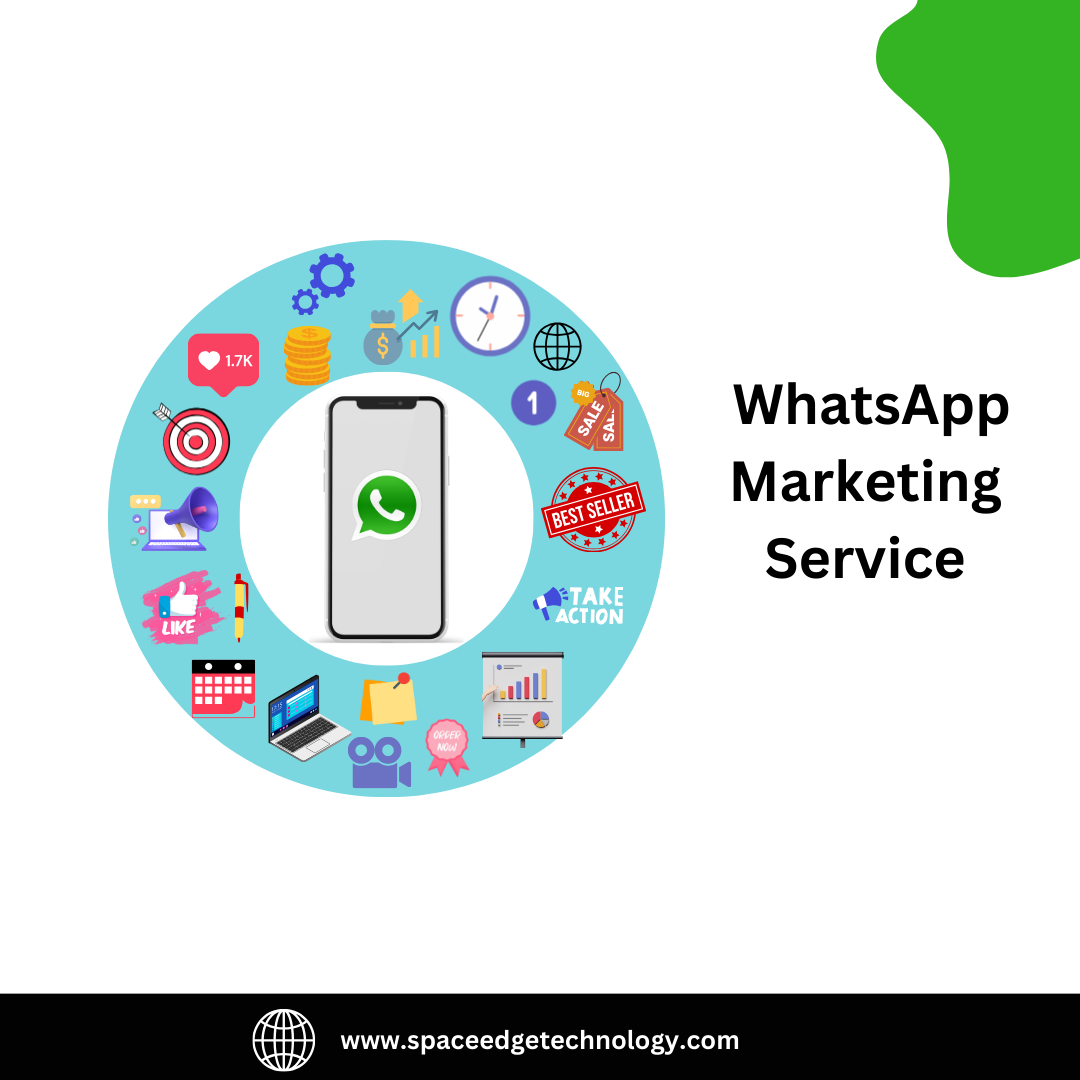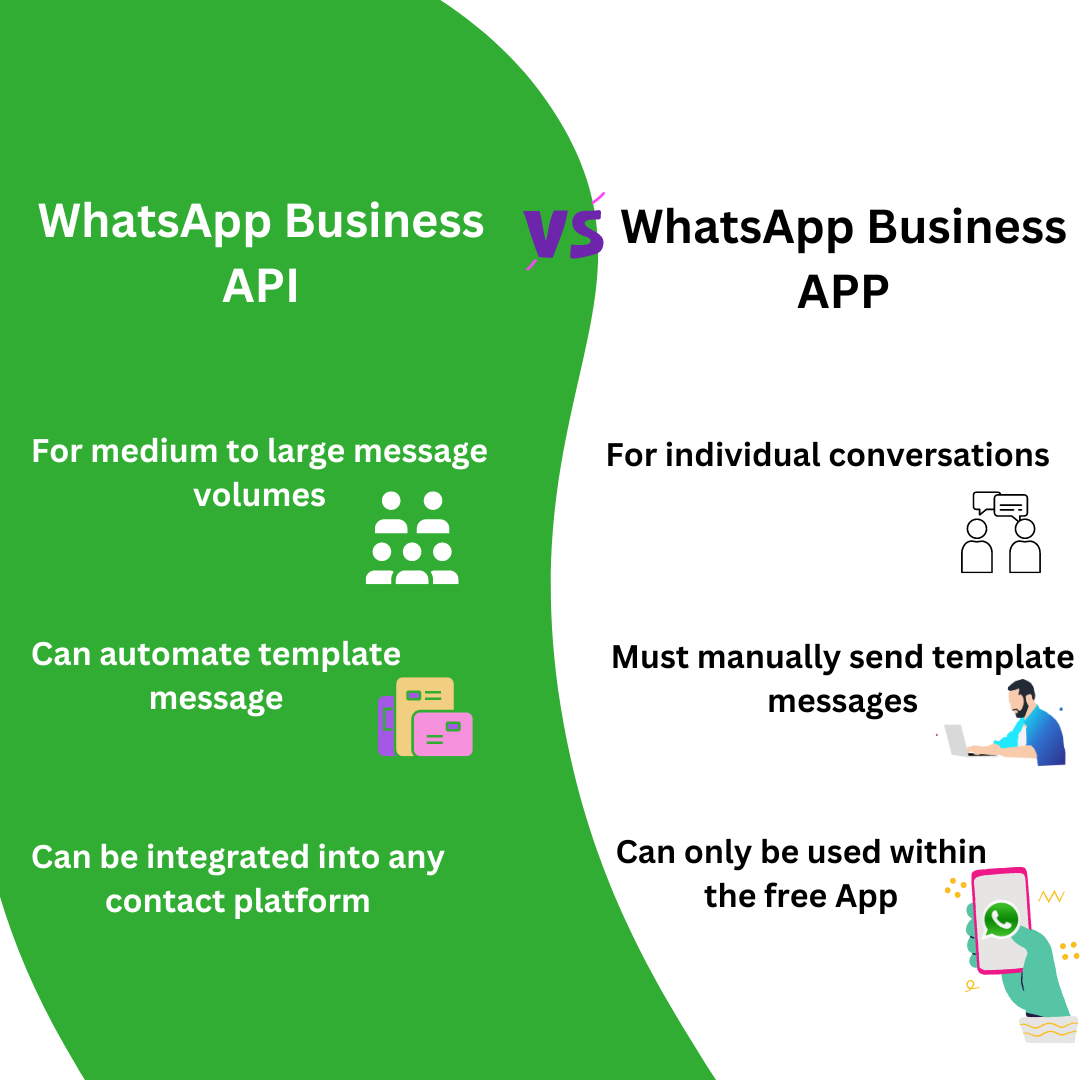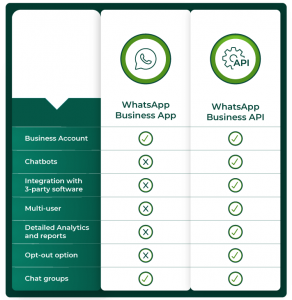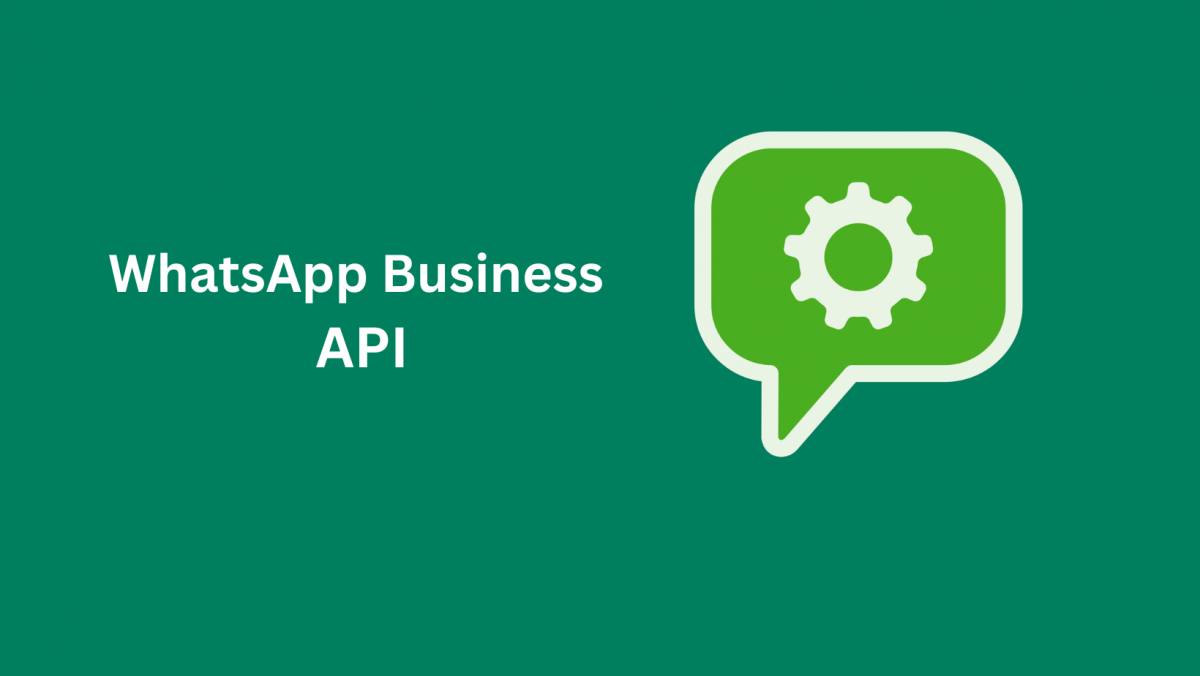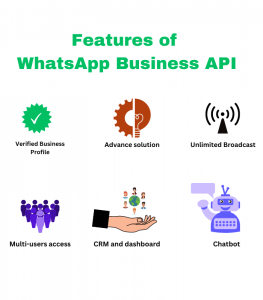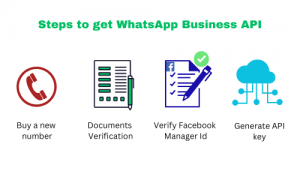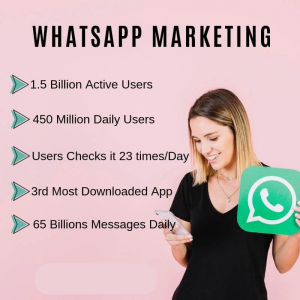WhatsApp has become a perfect marketing platform for businesses to engage with their customers. However, to harness its potential effectively, it’s crucial to understand and adhere to WhatsApp’s guidelines and regulations. The best WhatsApp Marketing Service Provider can help you to use WhatsApp as a marketing tool without getting banned from it.
In this comprehensive guide, we’ll explore the importance of compliance with WhatsApp’s terms of service and anti-spam regulations in your WhatsApp marketing strategy.
Understanding WhatsApp’s Terms of Service
WhatsApp’s terms of service are the foundational rules that govern the use of the platform. Adhering to these terms is not only a best practice but also essential for maintaining a positive online reputation and avoiding potential penalties.
Permission-Based Communication
One of the fundamental principles of WhatsApp marketing is obtaining explicit consent from recipients before sending them messages. This means that users must willingly opt-in to receive communications from your business. Failure to do so can result in not only WhatsApp but also your audience viewing your messages as spam.
Respect User Privacy
WhatsApp takes privacy seriously. Your business should too. Avoid sharing sensitive or personal information about users without their consent. Furthermore, your privacy policy should be transparent and easily accessible to users.
Content Quality
WhatsApp encourages businesses to provide high-quality, valuable content to their users. This not only enhances the user experience but also helps in building trust and credibility. Avoid sending misleading or deceptive information.
No Automated Messages Without Consent
WhatsApp prohibits the use of automated or scripted messages without the user’s permission. This regulation ensures that users receive genuine, human-like interactions with businesses.
Opt-Out Mechanism
Every WhatsApp message you send should include an option for the user to opt out or unsubscribe from future communications. Failing to provide this option is a breach of WhatsApp’s terms of service.
Anti-Spam Regulations
WhatsApp, as a messaging platform, is committed to maintaining a spam-free environment to provide a positive user experience. To achieve this goal, WhatsApp has implemented strict anti-spam regulations. These regulations are designed to protect users from unsolicited and spammy messages while promoting responsible and legitimate use of the platform. Here are the key anti-spam regulations of WhatsApp:
Unsolicited Messaging
WhatsApp prohibits businesses from sending unsolicited messages to users. This means that you cannot contact individuals who have not explicitly given their consent to receive messages from your business. Consent should be obtained through opt-in mechanisms, and users should have the choice to subscribe or unsubscribe from your messages.
Message Volume Monitoring
WhatsApp closely monitors the volume of messages sent from business accounts. Sending a high volume of messages in a short period can trigger spam alerts. This is done to prevent businesses from inundating users with excessive messages.
Message Rate Limits
WhatsApp enforces message rate limits to prevent businesses from sending messages too quickly. These limits ensure that businesses cannot flood users with a large number of messages in a short period. Staying within these rate limits is essential to avoid being flagged for spam.
Reporting and Blocking
WhatsApp provides users with tools to report and block businesses that engage in spammy or abusive behavior. If users receive unwanted or spammy messages, they can report the business. Frequent reports can lead to restrictions on the business account, including temporary or permanent suspension.
Account Verification
WhatsApp offers a business verification process to help users identify legitimate businesses. Verified businesses receive a green checkmark badge, which enhances their credibility. This verification process helps users distinguish between authentic businesses and potential scams.
Use of WhatsApp Business API
Businesses that send a high volume of messages often use the WhatsApp Business API, which has specific guidelines and requirements. Compliance with these guidelines is essential to ensure that businesses do not misuse the API for spammy or abusive purposes.
The Consequences of Non-Compliance
Failure to comply with WhatsApp’s guidelines and anti-spam regulations can have serious consequences for your business:
Account Suspension: WhatsApp can suspend or ban your business account for repeated violations.
User Trust Erosion: Sending unwanted or spammy messages can erode trust among your audience, leading to negative brand perceptions.
Legal Consequences: In some jurisdictions, non-compliance with anti-spam regulations can lead to legal repercussions and fines.
Conclusion
WhatsApp marketing can be a potent tool for businesses, but success hinges on strict adherence to guidelines and regulations. By obtaining user consent, respecting privacy, delivering quality content, and avoiding spammy practices, your business can build a positive reputation and reap the benefits of WhatsApp marketing. Remember, a compliant approach not only ensures legal and ethical marketing but also fosters trust and loyalty among your audience.
About Space Edge Technology: Your Premier WhatsApp Marketing Service Provider
Space Edge Technology is more than just a company; we are your gateway to unparalleled success in the world of WhatsApp marketing. As the best WhatsApp marketing service provider in India, we are committed to revolutionizing the way businesses connect, engage, and thrive in the digital age.
Our Vision
Our vision is clear: to empower businesses of all sizes with the tools and strategies they need to leverage WhatsApp’s immense potential fully. We believe that in an era where communication is key, WhatsApp stands as a game-changer, and we are here to help businesses harness its power.

